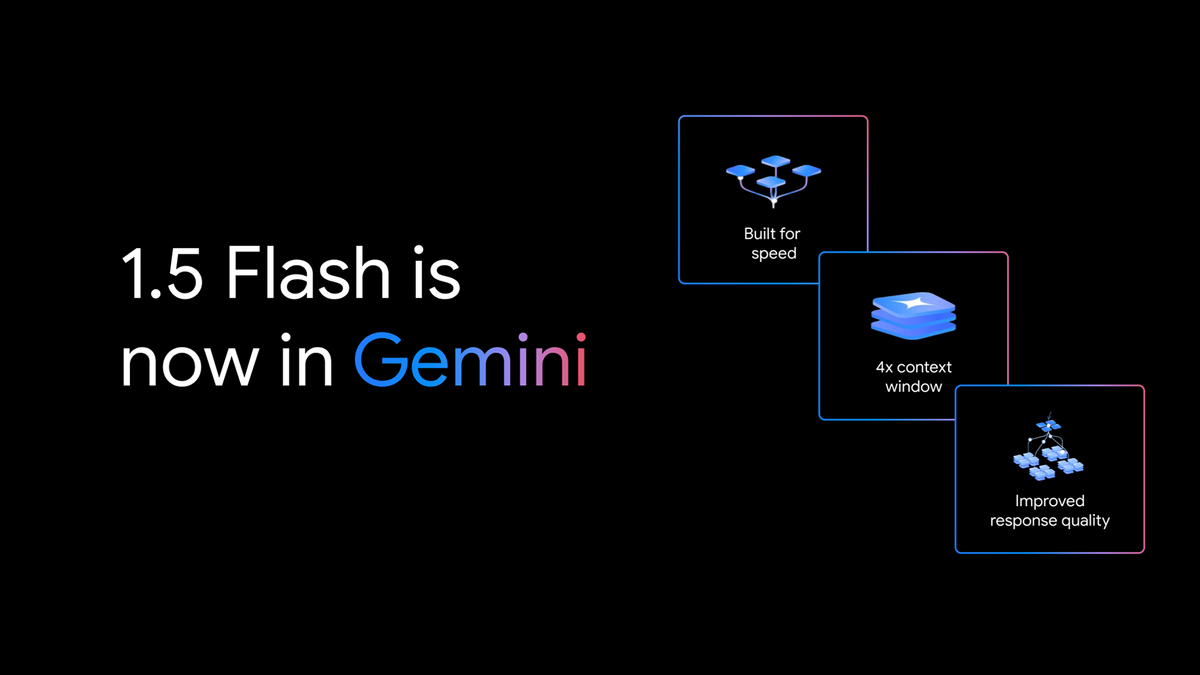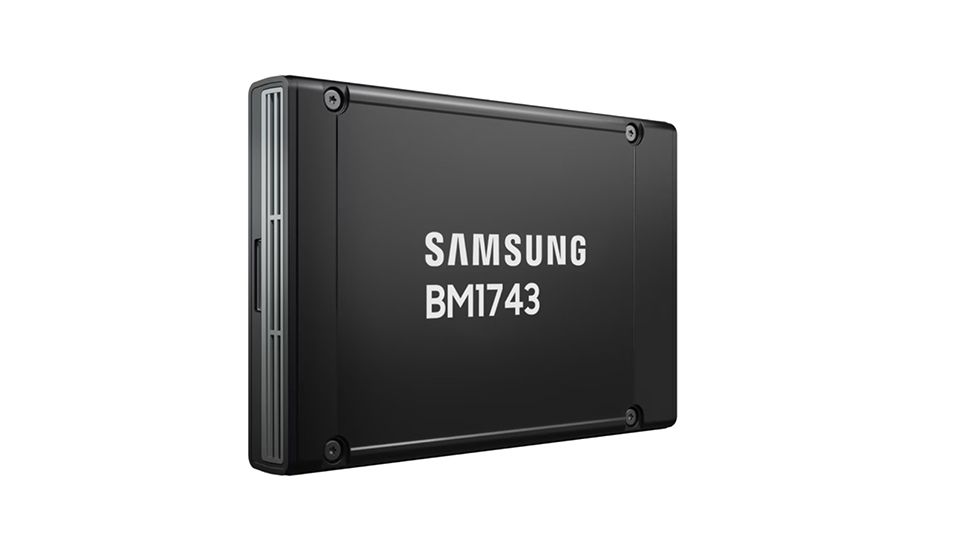Google has updated its Gemini artificial intelligence platform to be faster and more accurate by making the Gemini 1.5 Flash large language model (LLM) available to more users and implementing a handful of new features.
The updated version of Gemini aims to appeal to a broader group of users, including many who might be experiencing Gemini for the first time, thanks to its new integration with several Google platforms and its expansion to more countries.
The Gemini 1.5 Flash LLM has been available to a limited number of users who have subscribed and paid for Gemini Advanced for some time, but it is now available to anyone who uses Gemini. You will now have access to the newest LLM, which is faster than its siblings in the Gemini family, and Google claims it is even better at understanding images.
The AI chatbot is also multiplying the size of its context window from four to 32,000 tokens, allowing for much longer and more complex conversations with Gemini. The larger window also sets up Gemini’s free tier for Google’s plan to add the ability to upload files to Gemini from Google Drive or your device, another advanced Gemini feature.
“That means you’ll be able to do things like upload your economics study guide and ask Gemini to create practice questions,” Google explained in its announcement. “Gemini will also be able to analyze data files for you, allowing you to discover insights and visualize them through charts and graphs.”
To be useful in that kind of academic work, Gemini must somehow avoid or defeat the ever-present danger of AI hallucinations. Studying when you’re not sure whether the AI has produced correct or potentially misleading answers isn’t ideal, which is why Google added the double-check feature to Gemini a while back, which uses Google Search to verify accuracy.
To mitigate this issue, Gemini will now display links to relevant online content, citing their sources when data is requested. The idea is to make it easier for users to broaden their search or confirm what Gemini says by clicking on links to appropriate websites. The feature is initially available for English-language messages and will even include inline links to relevant emails when a Gemini user has the Gmail extension enabled. You can see how the citation feature works below. Basically, this is how it works now.
Gemini Global
Google is also pushing to get more people to experience Gemini in at least some form by expanding its geographic and app availability. For the first time, Gemini is now available directly in Google Messages on select Android devices across much of Europe, including the UK, Switzerland, and the entire European Economic Area (EEA). There are also new language options tailored to the continent, including French, Polish, and Spanish.
The same is true of the Gemini experience Google designed for teens, which was first announced in November. The option is expanding with a global rollout in 40 languages. Google worked with child safety and development organizations in several countries on this version of Gemini ahead of this launch, with the ultimate goal of encouraging teens to use Gemini for creative and academic work.
Teens who meet the minimum age requirement to have their own Google account can use a version of Gemini with additional security policies and other safeguards. There is a specific onboarding process for teens; they will even receive an AI knowledge guide before the AI chatbot is available.
The latest Gemini updates reflect Google’s efforts to compete with rivals like OpenAI and Meta. In this case, the appeal of Gemini 1.5 Flash is speed, with dating and other features supporting user demands for greater accuracy and reliability.
As AI continues to evolve, the balance between speed, accuracy, and accessibility will be crucial. Google clearly wants to strike a perfect balance, but it's not possible when AI models and products evolve further every week.









